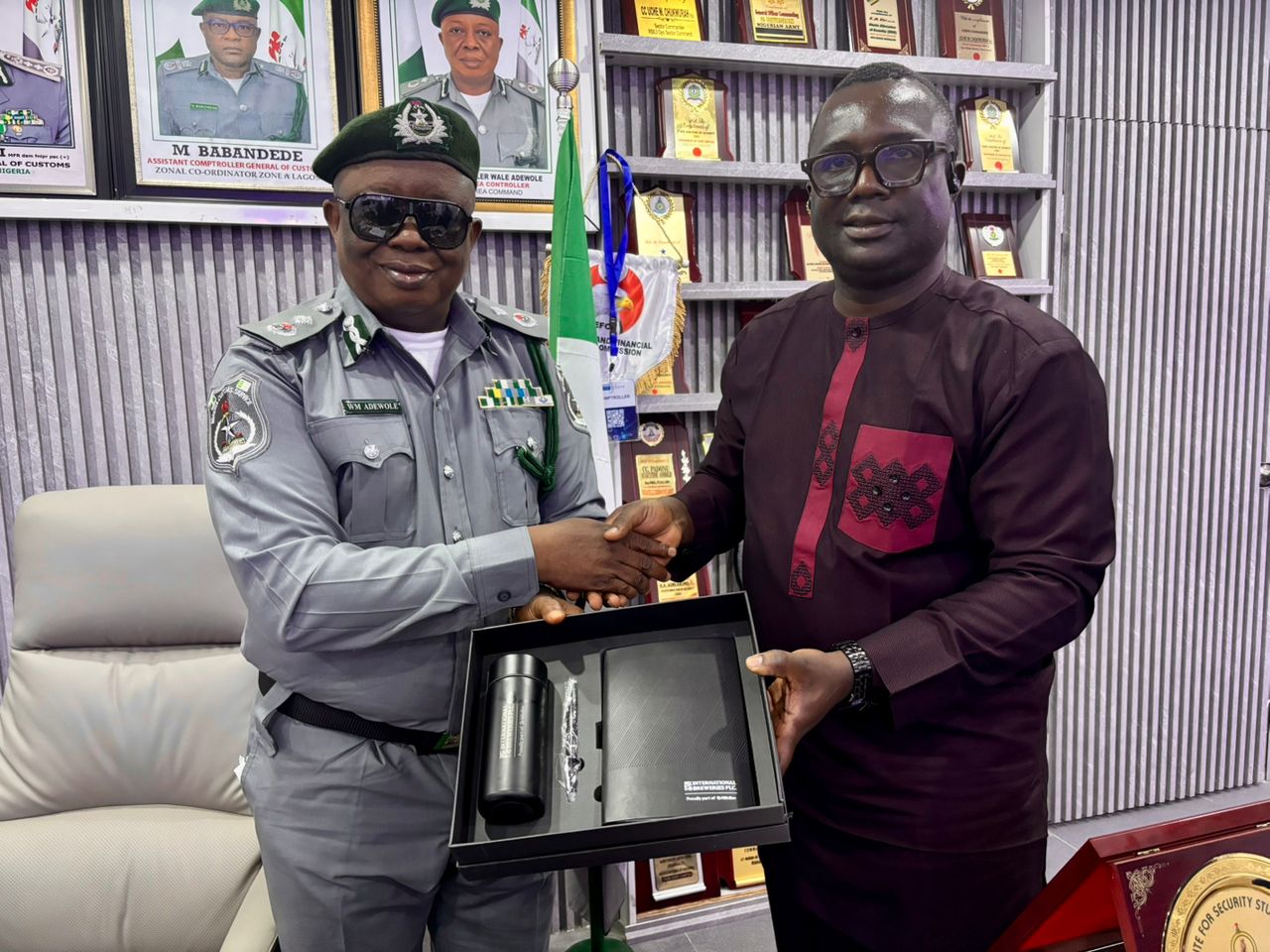Lawyers have backed the request by rights body, Socio-Economic Rights and Accountability Project (SERAP), urging President Muhammadu Buhari and state governors to provide specific details of spending of security votes between 2011 and 2019.
The Dean, Faculty of Law, Lagos State University, Professor Funminiyi Adeleke, said the demand fulfilled Section 1(1) of the Freedom of Information Act (FOIA).
He pointed out that security vote expenditure was not part of the privileged matters under the law.
The don said: “Section 39(3) of the constitution permits non-disclosure of matters that concern certain security issues and this is an exception to right to freedom of press and information.”
In the words of former national secretary of the Labour Party and managing partner of Castle of Law, Abuja, Dr. Kayode Ajulo, it was also legal to make the request.
“Our constitution mandates that all public funds must be appropriated before it is spent, including the so-called security votes. The appropriation is done either by National Assembly or State Assembly. By virtue of the appropriation, the vote is not secret again except it is a subject of official secret act in operation,” he explained.
Erstwhile chairman of the National Human Rights Commission (NHRC), Prof Chidi Odinkalu, equally towed same line.
In the same vein, the publicity secretary of the Nigerian Bar Association (NBA), Kunle Edu, sanctioned the move but pointed out that the court could refuse disclosure if the respondent presents a persuasive argument about the attendant security risk of doing so.
One-time deputy director general of the Nigerian Law School, Prof. Ernest Ojukwu (SAN), emphatically expressed the view that every public fund ought to be accounted for under the Public Procurement Act and Fiscal Transparency Act.
However, Prof. Alaba Ogunsanwo of Lead City University, Ibadan is of the opinion that security vote was more of a political issue, which the parliament should handle.
Besides, president of the Committee for Defence of Human Rights (CDHR), Malachy Ugwummadu, noted:
The FOI Act vests in the citizens the right to inquire and seek information into the affairs of the state provided that such request does not concern pure security issues in respect of which the Act makes an exception.”
Also Prof. Edoba Omoriegie of the Faculty of Law, University of Benin held that Section 15 (2) of the Public Procurement Act 2007 excludes security and defence expenditure generally from the ambit of the Act, except the President expressly approved that those expenditure should fall within the application of the Act.”
SERAP had yesterday issued two separate requests signed by its Deputy Director, Kolawole Oluwadare, to the president and Governor Abdulaziz Yari of Zamfara State.
 The New Experience Newspapers Online News Indepth, Analysis and More
The New Experience Newspapers Online News Indepth, Analysis and More
